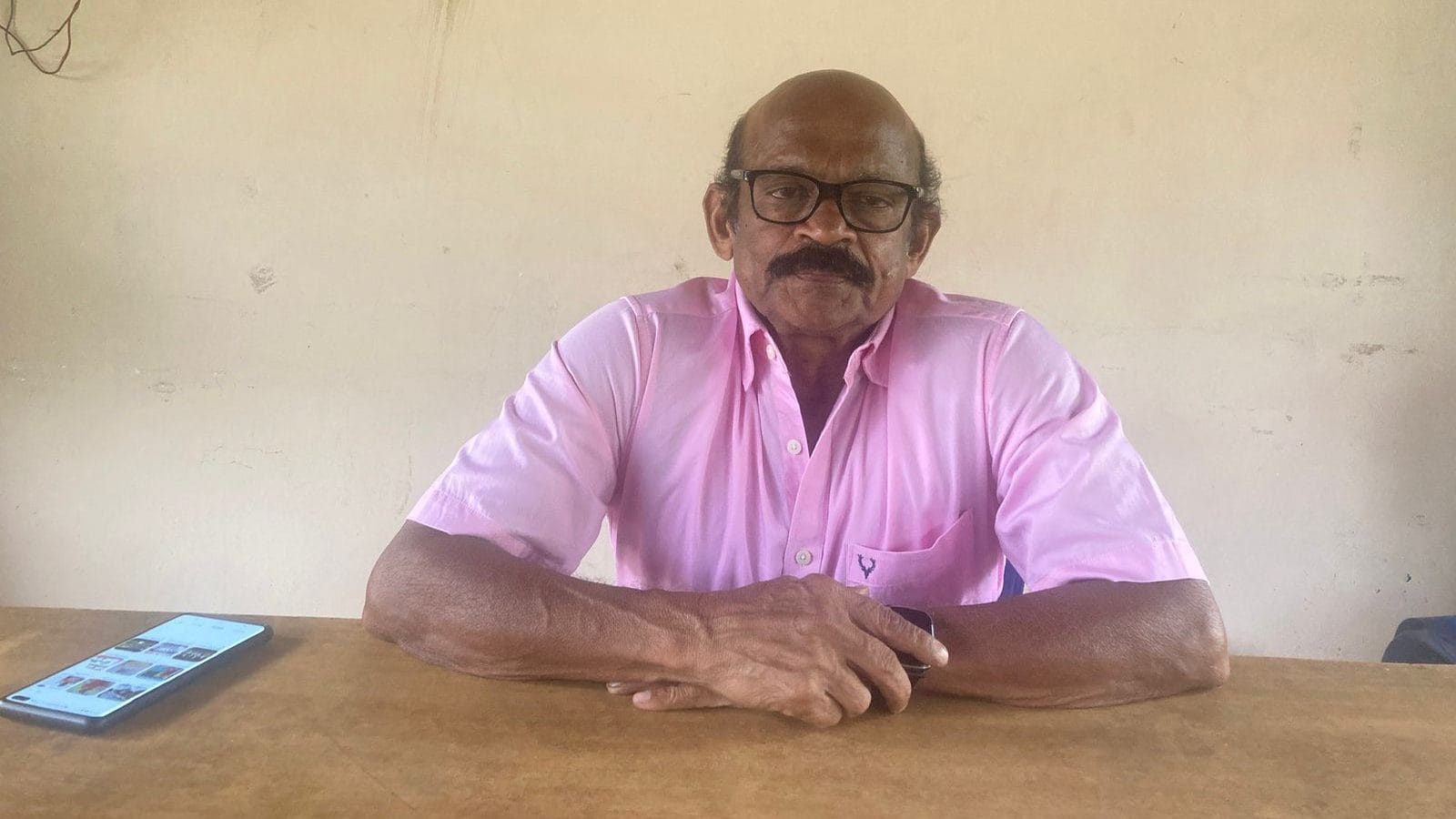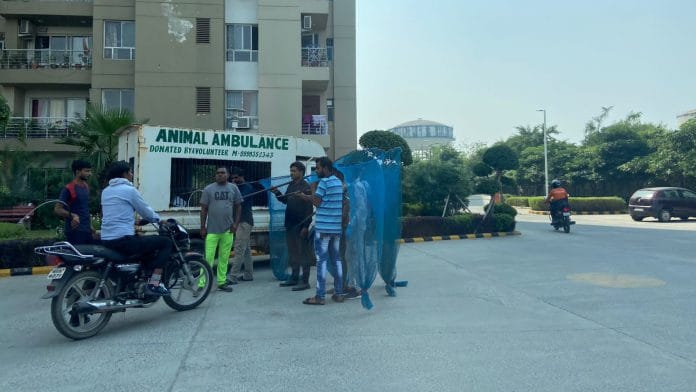Kochi: The death of a seven-month-old boy, who was mauled by a street dog in a Noida apartment, has once again put the spotlight on how to deal with the issue of stray dogs.
Last week, the Supreme Court declined the Kerala government’s plea to allow culling stray dogs in the state, which has recorded 21 deaths due to rabies — three of them children — and nearly two lakh incidents of dog bites this year alone.
Animal rights activists speak of a ‘broken bond’ between humans and animals, and say that the way out is to rebuild that bond step by step. According to Sally Varma, a Kerala-based animal welfare advocate, the methods include increasing education and awareness, responsible pet parenting, keeping a check on backyard breeders, proper waste management, and running effective animal birth control and vaccination programmes.
But people in Kerala have been taking matters into their own hands.
Noida’a latest incident could ignite similar response from people considering the Resident Welfare Associations in the city and elsewhere have already declared a war on stray dogs.
Also read: RWAs of Indian cities have declared a war on dogs. Pet lovers are on the back foot
Better life for stray dogs
For many years, Jose Maveli led a crusade to kill stray dogs and ran a ‘Stray Dogs Eradication Group.’ Now, he advocates a better life for them—partly because the Supreme Court told him to.
In 2017, Maveli and his group were facing contempt proceedings for defying a court order against culling stray dogs. Maveli issued an unconditional apology, and said his group would stop doing it.
Since then, Maveli has been trying to champion the cause of ‘rehabilitating’ dogs. However, the Animal Birth Control (ABC) rules don’t advise relocating stray dogs—since they are territorial—unless the animal is sick or injured.
“I have no problem with stray dogs at all,” says Maveli. “I have a problem when they start hurting people.”

Maveli ran Janaseva Sisubhavan, an NGO that shelters street children. His vendetta against street dogs acted as protection for children: stray dogs roam in packs, often get into fights, wound each other and become aggressive. Maveli said this only increases hostility towards stray dogs.
“Most people in Kerala recognise the problem and want to do something about it,” he said. But activists like Maneka Gandhi “are friends with strays and enemies with the public.”
Malliga, a Kudumbashree worker in Aluva, says she is terrified of being bitten by dogs. “It’s hard to buy meat on my way home because I’ll definitely be followed by a pack of dogs,” she said.
“It’s not just a Kerala problem. It’s an all-India problem,” Maveli interjects. “Dogs are treated badly and become aggressive. That’s the real menace.”
Also read: Middle-class Indians want dog-mukt smart cities. But it isn’t possible without mass killings
Ugly reality of dog bites
Devananda was two-and-a-half years old when a stray dog jumped over the wall into his verandah and bit his face. He lost vision in one eye, underwent three surgeries, and has a permanently split lip.
He is six years old now, and still can’t shut his eyes completely during sleep.
“We have to regularly medicate him and make sure his eyes are cleaned out,” says Devananda’s father Ravi, a shopkeeper in Kothamangalam near Kochi. “It’s really painful to see your child go through this, for no fault of his. My child is naturally scared of dogs now.”
The solution to aggressive dogs is sterilising them, according to experts. Sterilisation ensures that stray dogs are neutered and vaccinated, which means they won’t fight over territory or food.
“Fights between dogs may occur when dogs are competing for a mate or trying to protect their puppies, and rarely, a human can get caught in the middle,” said Radhika Suryavanshi, campaigns manager at People for the Ethical Treatment of Animals (PETA) India. “An effective sterilisation programme can help prevent this as stray dogs are surgically neutered and then replaced in their own area.”
Over time, as the dogs die natural deaths, their numbers dwindle — the dog population then becomes stable, non-breeding, non-aggressive and rabies-free, according to Suryavanshi.
Varma says the sterilisation programmes should only be conducted as per the ABC rules and that NGOs, animal welfare groups, and community feeders should also be involved otherwise “the welfare of dogs will be ignored”. “The unprofessional handling of dogs can lead to increased aggression and bite cases and not give the desired results.”
Maveli agrees that professionals need to sort the issue out. He’s hung up his boots. He used to have a dog of his own, but gave it away.
And what happened to the dog that bit Devananda? “One day it was hit by a car and died,” Ravi says.
“Hit by a car,” Maveli repeats darkly and shrugs. “Sounds accidental.”
(Edited by Prashant)






